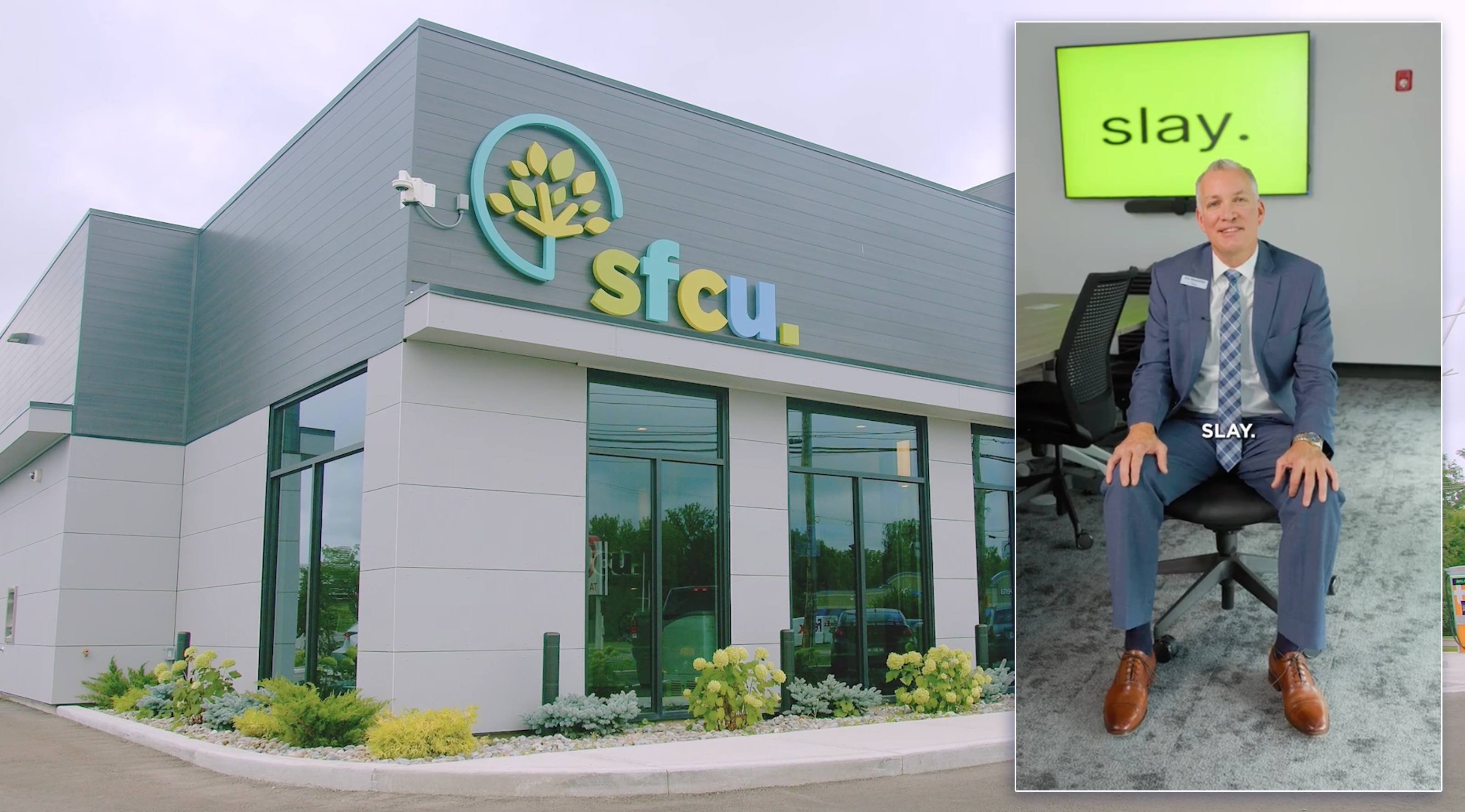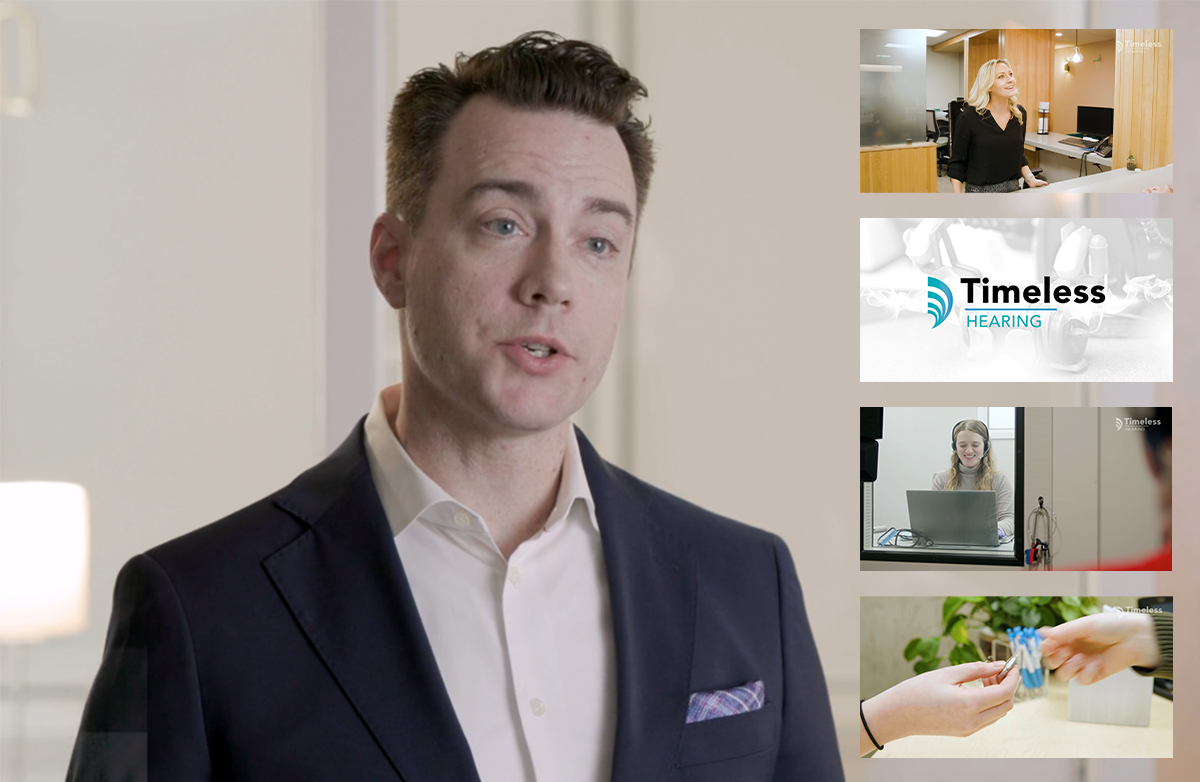
Privacy and a Cookie-Less Future
Introduced in 1994 by Netscape, http data cookies made it possible to track users’ website visits and activity. Cookies have evolved considerably since then, and most marketers rely on this information to shape digital advertising campaigns and marketing strategies. Yet in March, Google announced it would phase out third-party cookies as part of a two-year plan toward a “privacy-first web” model. What will a cookie-less future look like? In our first weekly Northeast Digital Marketing Boot Camp Bites webinar, experts from PA Media Group and MassLive Media joined Advance Media New York in taking a closer look at the implications of these changes. Here’s what we learned.
Understanding Cookies
To understand these updates, we must clarify exactly what Google’s announcement will change. There are two types of cookies, which include:
- First-party: These cookies collect data on your website.
- Third-party: These cookies collect user data from outside sources, like Google’s Chrome search engine.
You will retain access to your cookies while losing third-party information from Google, which has been a cornerstone of countless marketing strategies. At the same time, most search engines and other platforms are likely to follow Google’s lead. Privacy-first browsing isn’t new, as Safari, Mozilla Firefox, and Duck Duck Go have long restricted the use of cookies and other data collection and tracking. However, with approximately 70% of the market share for internet searches, Google sets the standard
Changing Attitudes on Privacy Shape Data Collection
From the marketer’s perspective, cookies are invaluable. They allow us to identify the right customers in the right geographic areas and deliver highly targeted messaging to meet their needs. The exchange of private user data for better user experiences is increasingly understood by site visitors, and Millennials and younger groups in particular are comfortable with this trade-off as long as it yields tangible benefits.
At the same time, consumer concerns about privacy have been on the rise. Frustration with inappropriate data use came to a head in 2016 with the Facebook – Cambridge Analytica scandal. From mining 50 million Facebook accounts for data to leadership boasting about the psychological manipulation this data could support and its outsize impact in elections across the globe, this incident prompted many users to question the harvesting and use of their private data for the first time.
Moving forward, the European Union would draft the General Data Protection Regulation (GDPR) in 2018 to safeguard users’ data privacy and security on websites in the EU and around the world. The California Consumer Privacy Act (CCPA) was soon to follow in 2020, and similar legislation can be expected to follow. Overall, new awareness has generated new demands for transparency and user benefits related to the collection of personal information.
Implications for Digital Marketing
There’s no denying that the delivery of timely, targeted brand messaging and digital advertising will grow more challenging as regulation increases and Google moves ahead with the end of third-party cookies. At the same time, marketers aren’t without tools to navigate this evolution. Consider the dramatic changes the recent pandemic required of most businesses. The most successful adapted with agility and forward-thinking, and it’s possible to take the same approach to a world without cookies.
First-party cookies will also help fill the user data gap. An argument can even be made that this information collected solely from site users and visitors provides a more targeted and personalized look at the consumers who are most relevant to your marketing strategy. Overall, marketers must look to this potentially under-utilized information and develop new approaches to compensate for a loss of targeting specificity.
To learn more about the future of digital marketing without cookies, visit our other posts related to the Northeast Digital Marketing Boot Camp Bites series: How Does A Cookie-Less World Change Digital Advertising? and What You Should Do to Prepare for A Cookie-Less World. For upcoming webinars, please contact Advance Media New York or visit http://www.nebootcamps.com.




